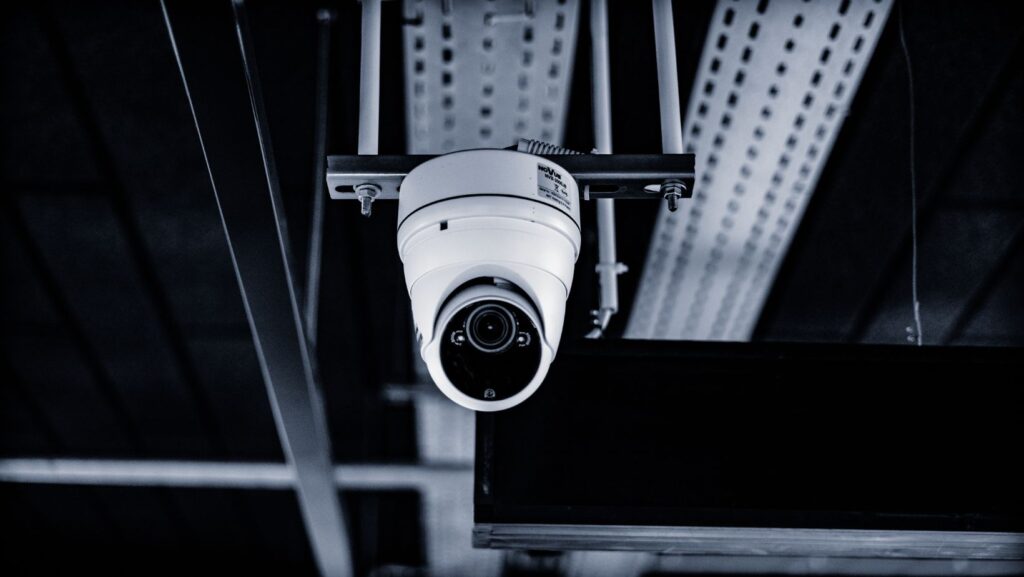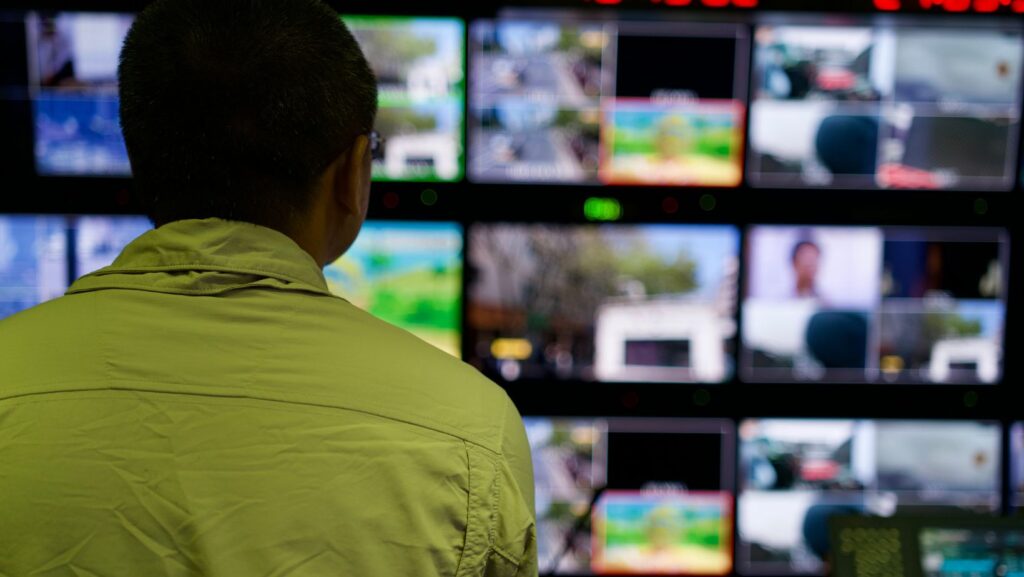In an age where technology permeates every aspect of our lives, the threat of unauthorised surveillance has become a pressing concern for many. Whether it’s a nosy neighbour, an ex-partner, or even a corporate entity, the potential for someone to invade your privacy is real. Understanding the signs of such surveillance can empower you to take action and protect your personal space. Here are seven red flags that could indicate you’re under unauthorised surveillance.
1. Unexplained Technical Issues
Have you noticed your phone acting strangely? Frequent disconnections, unexpected battery drain, or unusual noises during calls can all be signs of surveillance. If your device is suddenly malfunctioning without any clear reason, it might be worth investigating further.
For instance, if your smartphone’s battery life has drastically decreased, it could be due to spyware running in the background. This software can track your location, read your messages, and even listen to your conversations. If you suspect this is happening, consider seeking professional help to identify unauthorised surveillance and ensure your devices are secure.
2. Unfamiliar Devices in Your Space
Another significant indicator of potential surveillance is the presence of unfamiliar devices in your home or workplace. This could include hidden cameras, microphones, or even GPS trackers. If you notice anything out of the ordinary—like a new gadget that you didn’t purchase or a device that seems out of place—it’s time to investigate.
Conducting a thorough sweep of your environment can help you uncover hidden surveillance equipment. Look for small cameras in common areas, unusual wires, or devices that seem to be recording audio or video. If you’re unsure how to proceed, hiring a professional service can provide peace of mind.
3. Changes in Your Online Activity
If you notice unusual activity on your social media accounts or email, it could be a sign that someone is monitoring you. This might include strange messages, posts you didn’t make, or even changes to your account settings. Cyber surveillance is increasingly common, and hackers can gain access to your personal information without you even realising it.
To protect yourself, regularly update your passwords and enable two-factor authentication on your accounts. If you suspect that your online activity is being monitored, consider consulting with cybersecurity experts who can help you secure your digital presence.
4. Feeling Like You’re Being Watched
Sometimes, intuition can be your best ally. If you have a nagging feeling that someone is watching you, it’s worth paying attention to. This feeling can manifest in various ways, such as a sense of paranoia or discomfort in certain environments.

While it’s essential to differentiate between genuine concern and anxiety, trust your instincts. If you consistently feel uneasy in specific locations or around certain individuals, take steps to protect yourself. This could involve changing your routine, avoiding specific areas, or even seeking professional assistance to assess your situation.
5. Unusual Behaviour from People Around You
If friends, family, or colleagues start acting differently around you, it could be a sign that they are privy to information they shouldn’t have. This might include them referencing private conversations you thought were confidential or behaving in a way that suggests they know more about your life than they should.
While it’s essential to communicate openly with those around you, if you suspect that someone is sharing information about you without your consent, it’s crucial to address the issue directly. This could involve having a candid conversation or, if necessary, distancing yourself from those who may be compromising your privacy.
6. Unexplained Changes in Your Environment
Have you noticed changes in your surroundings that you can’t explain? This could include items being moved, doors left ajar, or even the feeling that someone has been in your space. These subtle changes can indicate that someone is monitoring you or has accessed your home without your knowledge.
To safeguard your environment, consider implementing security measures such as cameras or alarm systems. Additionally, regularly check your home for signs of tampering or intrusion. If you find evidence of unauthorised access, it’s essential to report it to the authorities.
7. Increased Interest in Your Personal Life
If someone seems overly interested in your personal affairs, it could be a red flag. This might manifest as probing questions about your daily routine, relationships, or even your financial situation. While curiosity is natural, excessive interest can indicate that someone is trying to gather information for malicious purposes.
To protect your privacy, be cautious about what you share with others. Consider setting boundaries and being selective about the information you disclose. If you feel uncomfortable with someone’s inquiries, trust your instincts and limit your interactions with them.
Conclusion
Being aware of the signs of unauthorised surveillance is crucial in today’s digital age. By recognising these red flags, you can take proactive steps to protect your privacy and personal space. Whether it’s through technical measures, environmental assessments, or simply trusting your instincts, safeguarding your life from unwanted scrutiny is essential.
If you suspect that you might be under surveillance, don’t hesitate to seek professional help. Experts can assist you in identifying potential threats and implementing strategies to secure your privacy. Remember, your personal space is your right, and taking action to protect it is not just wise—it’s necessary.
